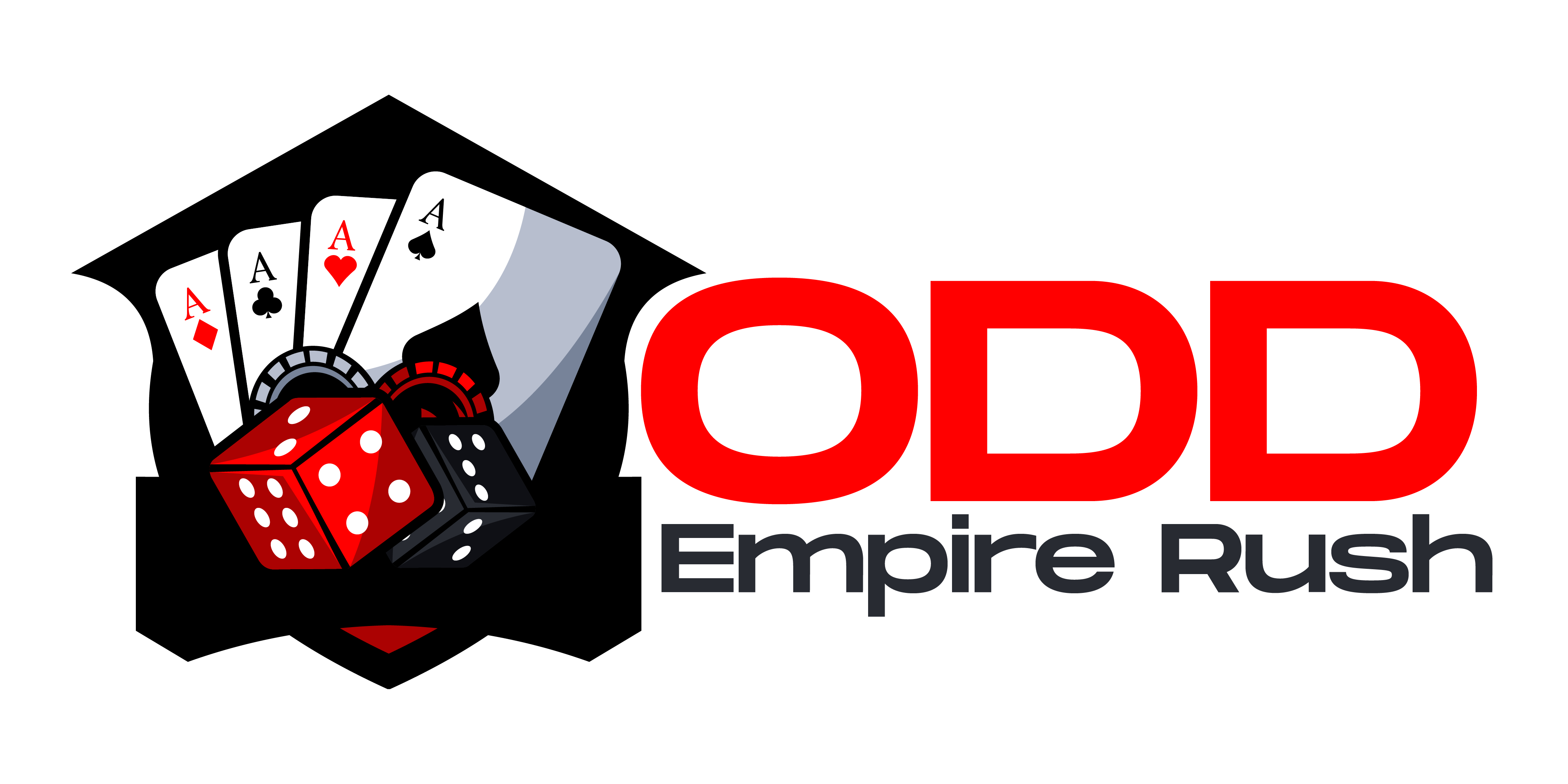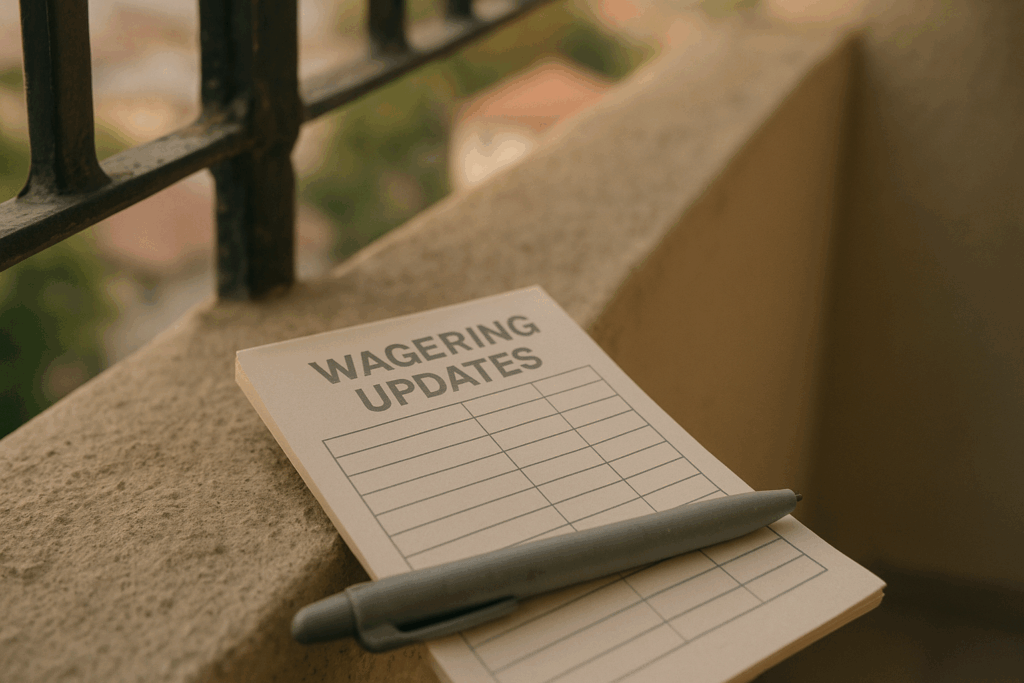Introduction: The Stakes Are Higher Than Ever
As 2023 kicked off, the global betting industry stood on unstable but undeniably active ground. Online betting was booming, mobile-first platforms were edging out legacy systems, and more governments were stepping into the regulatory arena. Meanwhile, the lines separating gambling, fintech, and entertainment continued to blur. Traditional sportsbooks? Still around. But now they’re competing with crypto-native casinos, influencer-run prediction platforms, and embedded betting inside sports streams.
What’s different this year is how fast everything is moving. New technologies are unlocking formats like micro-betting that didn’t exist at scale even two years ago. Regulators are playing catch-up, with court cases and policy updates hitting almost monthly. User behavior is also changing—demanding more personalization, real-time access, and trust.
In short, 2023 isn’t just another year of growth. It’s a pivot point. A transitional phase that could either entrench today’s big players or upend the hierarchy entirely depending on how agile and adaptive they are. Whether you’re a bettor, a developer, or a policymaker, this is the year you pay close attention.
Regulatory Shakeups Around the Globe
The global betting industry is entering a critical phase as regions impose fresh regulations at an accelerating pace. Governments are tightening the rules in response to both market growth and public concern about player safety and ethical standards. Here’s how key regions are redrawing the playbook in 2023.
Changing the Rules in Key Markets
Betting operators are adjusting to a wave of legislative updates:
- United States: States continue to legalize and regulate online sports betting, but with significant variation in tax rates, licensing requirements, and advertising standards. The trend is clear: more access, but also more scrutiny.
- United Kingdom: The long-anticipated Gambling Act Review is beginning to reshape the UK’s industry, with tougher compliance rules, affordability checks, and reduced marketing exposure.
- Australia: New ad bans and responsible gambling mandates are tightening how operators engage customers and handle data.
Stricter Guidelines on Advertising and Data Use
Across all regions, regulators are cracking down on excessive or misleading advertising. Key developments include:
- Enforced limits on when and where sports betting ads can appear
- Stricter wording requirements to prevent misleading claims
- Tighter rules around influencer and celebrity endorsements
- Expanded consent requirements and rules for data collection and targeting
For operators, this means adapting marketing strategies, investing in data compliance, and avoiding costly missteps that could lead to fines or license suspensions.
Key Legal Cases Setting Precedents
A handful of high-profile legal battles are serving as cautionary tales for the rest of the industry:
- Operators penalized for failing to detect risky betting behavior
- Cases involving data privacy violations under scrutiny by regulators
- Challenges to state-level laws raising questions about jurisdiction and enforcement
These outcomes are shaping not just company practices, but also public perception and future legislation.
Related reading: How New Regulations Are Affecting the Betting Industry
The Surge in In-Play and Micro-Betting
Fast, fluid, and fueled by tech—micro-betting isn’t a fringe trend anymore. It’s becoming the engine of growth for sportsbooks around the world. As users crave more interaction and instant gratification, platforms are doubling down on live-betting tools that let people place wagers on the next pitch, the next point, the next play—sometimes within seconds.
To meet this demand, operators are investing heavily in real-time data infrastructure. That means faster servers, AI-driven oddsmaking, and tighter integration with broadcast feeds. Getting data milliseconds quicker than the competition isn’t a luxury—it’s the new baseline. Sportsbooks that can’t keep up, or that offer laggy in-play experiences, are bleeding market share.
But speed cuts both ways. The faster the bets, the higher the risk of impulsive decisions—especially for casual users. That’s raising concerns around responsible gambling and regulator oversight. For operators, the challenge is threading the needle: offering a fast, seamless in-play product without turning it into a volatility machine.
Micro-betting is here, and it’s only getting sharper. The winners will be those who can scale safely, automate wisely, and never lose sight of user experience.
Crypto and Blockchain in Betting
Crypto in betting isn’t just a novelty anymore—it’s a tension point. On one hand, blockchain offers exactly what the industry needs more of: transparency, speed, and easy cross-border movement of funds. For players frustrated with transaction delays or feeling boxed in by local banking limits, crypto feels like a fix. Some operators are even building full platforms on chain, giving users visible ledgers and trustless payouts.
On the other hand, regulators aren’t sold. Most jurisdictions still don’t know how to handle decentralized finance, let alone its place in high-risk markets like betting. There’s a legal lag, and that creates friction. Operators risk compliance nightmares. Users aren’t always clear on what protections they’re forfeiting when they ditch fiat. And trust—ironically—isn’t guaranteed just because blockchain is involved.
So is it a long-term game or a short-cycle play? The answer depends on how fast regulators catch up. For now, crypto betting is carving out space on the edges. But as frameworks firm up, it could push deeper into the mainstream—or pull back just as fast.
Market Consolidation: Fewer Players, Bigger Power
The betting space is seeing a wave of consolidation like never before. Mergers, acquisitions, and high-stakes partnerships are reshaping the landscape week by week. This isn’t just about corporate chess. It’s about how you bet, where your data goes, and what kind of odds you’re getting.
When giants join forces, it brings scale—bigger bonuses, sleeker app experiences, maybe better customer support. But it also means fewer choices. Odds can flatten. Innovation slows down. You get the same recycled promos dressed up in new colors.
Meanwhile, independent operators are in survival mode. Leaner, more agile, these shops are fighting for relevance by focusing on niche markets, bespoke odds, and a more hands-on user experience. For some bettors, that kind of underdog energy is part of the appeal. For others, the stability of a household name feels safer.
The power’s concentrating. Whether that’s good or bad depends on which side of the table you’re sitting on.
Betting Meets Entertainment
Betting is no longer confined to static odds and silent dashboards. In 2023, it’s merging with the broader entertainment world—and fast. Livestream betting is leading the charge, turning live sports and esports into interactive events. Viewers can place bets in real time, chat with streamers, and feel part of the action. It’s less like placing a bet, more like joining a game.
Then there’s the celebrity effect. Athletes and influencers aren’t just promoting sportsbooks—they’re becoming part of them. Think branded betting challenges, watch parties with picks, and behind-the-scenes access that blurs the line between endorsement and entertainment. It’s about attention, and attention drives wagers.
Gamification is pushing the category further. Loyalty points, streak-based bonuses, and competitive tiers make placing bets feel like leveling up in a game. Some platforms have even woven in storylines and character-themed betting interfaces.
The bigger question: Are sportsbooks transforming into media platforms? With so much content being produced around the experience—not just the outcome—the lines are getting blurry. Some operators already act like broadcasters, only their primary content is odds.
For both bettors and brands, it signals one thing: in this space, engagement isn’t optional—it’s the product.
Safer Gambling Gains Serious Traction
This isn’t just a PR checkbox anymore—operators are pouring real money into player protection. From AI-driven monitoring tools that flag risky behavior to more accessible self-exclusion systems, the industry’s approach to harm mitigation is maturing fast. Players can now set time limits, wager caps, and even lock themselves out with a few clicks—not buried in terms and conditions but front and center.
But tools alone won’t cut it. The smarter operators know education matters just as much as enforcement. That means clear explanations, not legalese. It means onboarding players with guides about odds, volatility, and how bets really work. If users understand the risks, they’re more likely to play smart—and stay long-term.
Finally, and perhaps most importantly, the public is watching. Governments, media, and even players themselves are demanding transparency and accountability. Quiet compliance isn’t enough anymore; operators can’t just follow the rules—they need to prove they’re part of the solution. Those that take it seriously are being noticed. Those that don’t? The clock’s ticking.
Final Thoughts: What Smart Bettors and Operators Should Watch
The line between a profitable betting operation and one facing regulatory shutdown is growing thinner. Those who succeed in 2023 and beyond will be the ones who treat compliance as strategy, not paperwork. With governments tightening the screws worldwide, regulation won’t just influence who plays—it’ll decide who wins.
At the same time, innovation’s coming in hot. From real-time betting APIs to blockchain-backed transparency tools, tech is moving faster than many operators can absorb. That’s a problem. Betting firms that treat innovation as an afterthought or jump in blindly risk exposing users to untested platforms—or worse, running afoul of fast-evolving policy.
Sustainability in this space won’t come from flash alone. It’s about balance: use the tools, respect the rules, and know when to pump the brakes. Operators who get this right? They’re not just set for growth—they’re built to last.


 Lillian Wagneroler, an insightful author at oddsempirerush focuses on in-depth research and engaging storytelling. Her articles provide fresh perspectives on betting trends, helping readers connect with the latest developments in the industry.
Lillian Wagneroler, an insightful author at oddsempirerush focuses on in-depth research and engaging storytelling. Her articles provide fresh perspectives on betting trends, helping readers connect with the latest developments in the industry.

